


On Monday night, stargazers will be in for a treat as the first supermoon of 2024 coincides with a blue moon. The event will last for about three days, until Wednesday morning, when the moon will slowly wane back to a new moon phase. Don't miss this rare and spectacular sight in the night sky!
Supermoon and Blue Moon: A Rare Celestial Spectacle
Get ready to witness a captivating astronomical event on Monday night as the first supermoon of 2024 coincides with a blue moon. This rare celestial spectacle will grace the night sky for approximately three days, offering stargazers a breathtaking sight.
What is a Supermoon?
A supermoon occurs when the full moon coincides with the moon reaching its closest point to Earth in its elliptical orbit. This results in the moon appearing larger and brighter than usual, casting an ethereal glow upon the landscape.
What is a Blue Moon?
A blue moon is a rare phenomenon that occurs when two full moons appear within the same calendar month. The term "blue moon" refers to the unusual bluish hue that the moon may take on during this event, although it is not always visible to the naked eye.
Coincidence of Supermoon and Blue Moon
The convergence of a supermoon and a blue moon is a relatively uncommon occurrence. The last time this event took place was in March 2018, and it will not be witnessed again until August 2037.
Observing the Event
To make the most of this celestial spectacle, find a location with minimal light pollution. Use binoculars or a telescope to enhance your viewing experience and capture stunning photographs. The supermoon will be visible in all parts of the world, making it a truly global event.
Top 5 FAQs

Naman Gupta, a resident of Noida, India, has caught the attention of social media users with his innovative solution to tackle pollution caused by cigarette butts. In a video shared by 60 Second Docs, Gupta showcases how he recycles used cigarette butts into soft toys. These teddy bears, made through a 24-hour biodegradable process, are certified safe for children. While many have praised Gupta's efforts, some have raised concerns about the safety of the product.
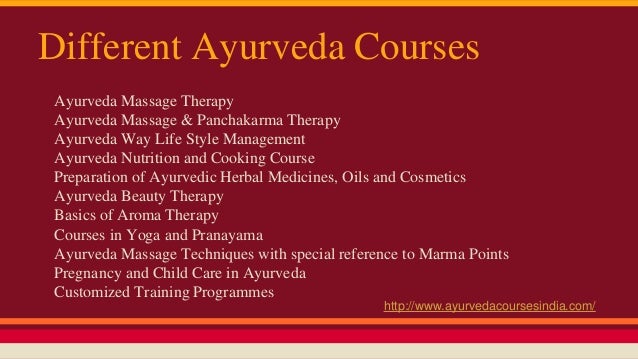
In an attempt to integrate ayurvedic medicine with modern medicine, the Government of India has announced plans to introduce super-specialty courses in six medical disciplines in Ayurveda. The decision has been met with criticism from both traditional ayurvedic practitioners and modern medicine practitioners. The courses will be three years in duration and will train candidates to become super-specialists in areas such as Ayurveda oncology and reproductive medicine. The courses will also include dissertation and case studies to develop competencies required for practicing as a specialist in Ayurveda.
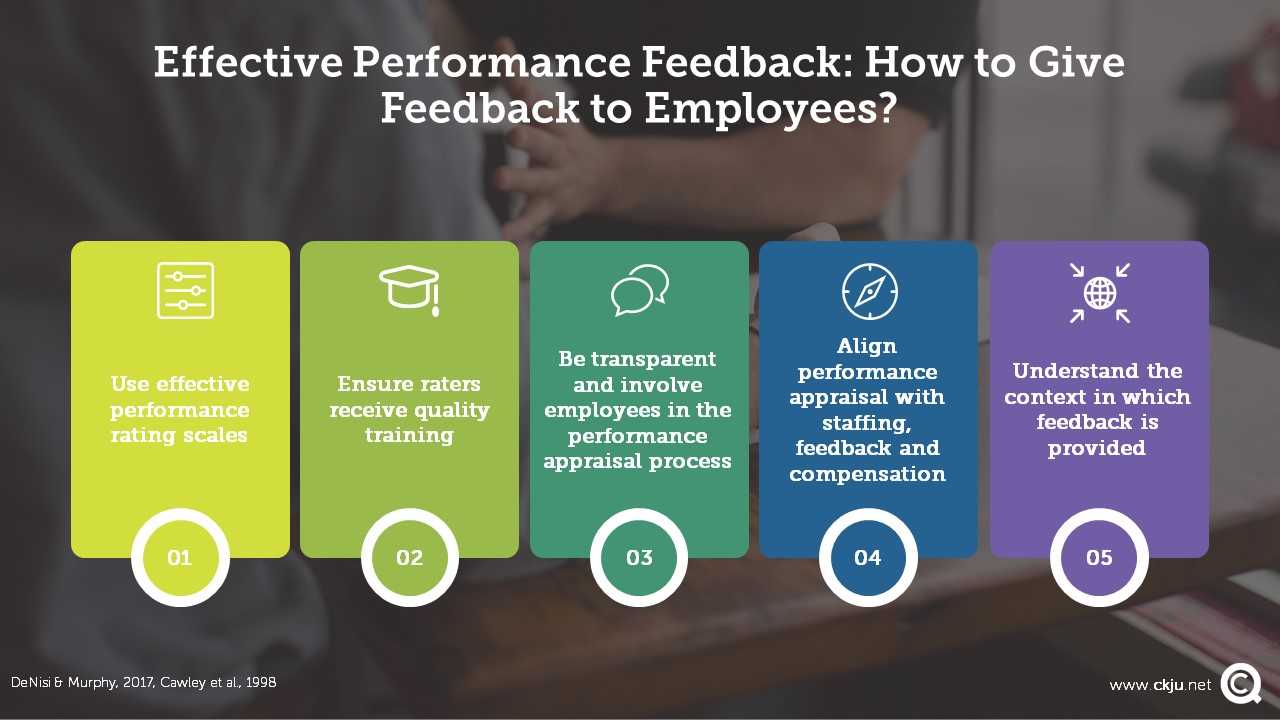
A recent study conducted by Kessler Foundation and Rutgers University found that individuals with low confidence in their performance are more likely to seek corrective feedback. The desire for feedback was driven by uncertainty and not emotional factors like stress, highlighting the importance of feedback strategies in educational and work settings. Negative feedback was found to be the most effective for improving test performance, providing actionable insights for optimizing feedback strategies.
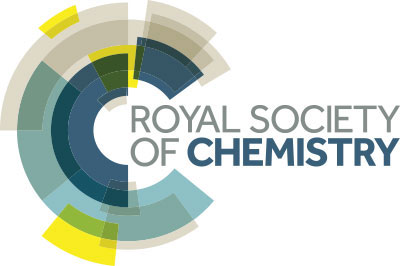
The Royal Society of Chemistry has submitted its recommendations for improving science education in England through an evidence-based call for feedback. With just one week left for the 22 November deadline, the Society is urging stakeholders to voice their opinions on the current science curriculum and suggest potential improvements. The review aims to address issues such as outdated curriculum, accessibility to science education, technical qualifications and sustainability. Join the discussion and have a say in shaping the future of science education in England.
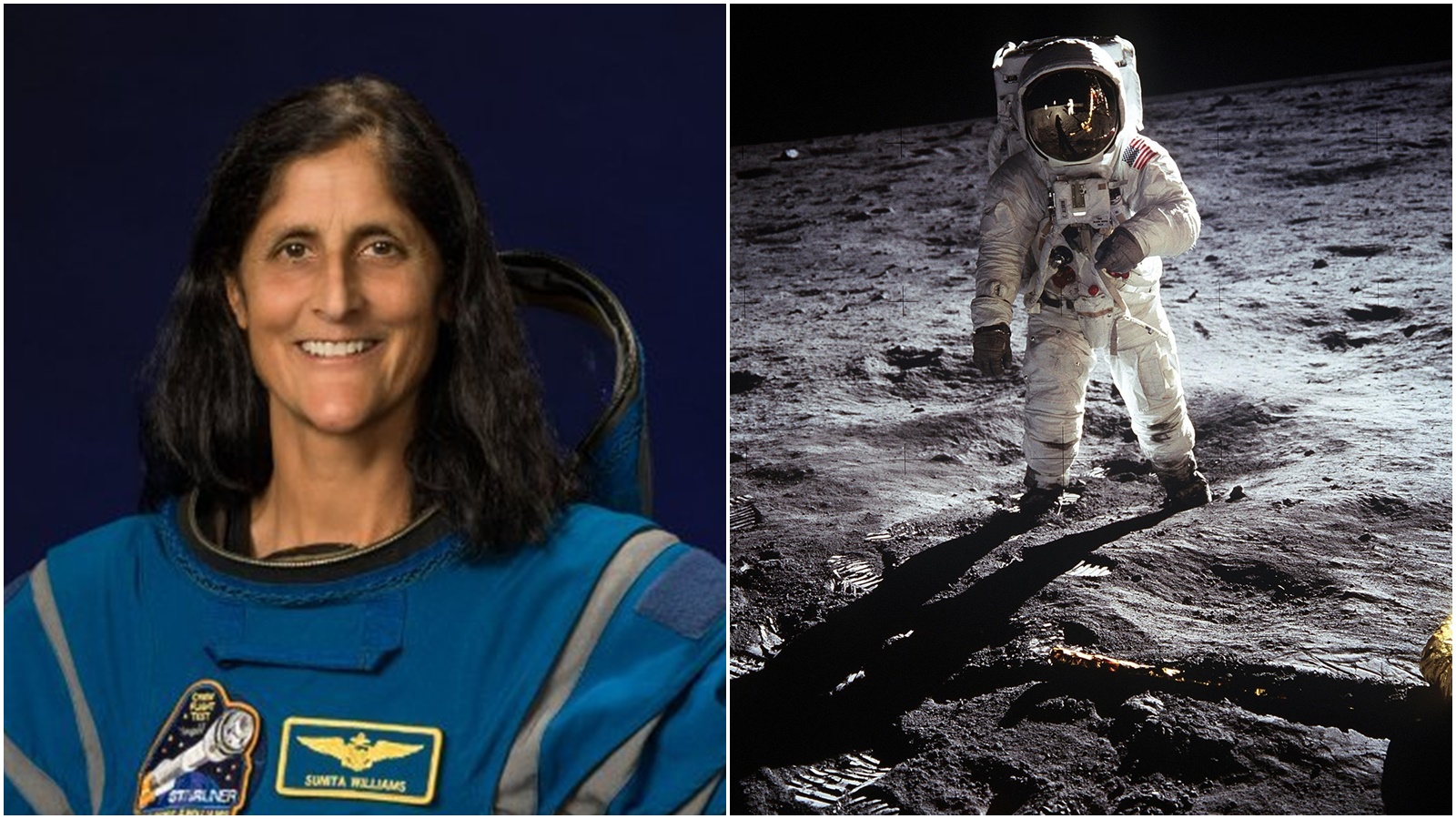
Indian-origin astronaut Sunita Williams addresses concerns about her health and weight after spending months on the International Space Station (ISS). In an interview with the New England Sports Network (NESN), she discussed her physical condition and cleared up rumors about drastic weight loss. She also shared insights on the effects of microgravity on the body and the importance of exercise for maintaining bone density in space.
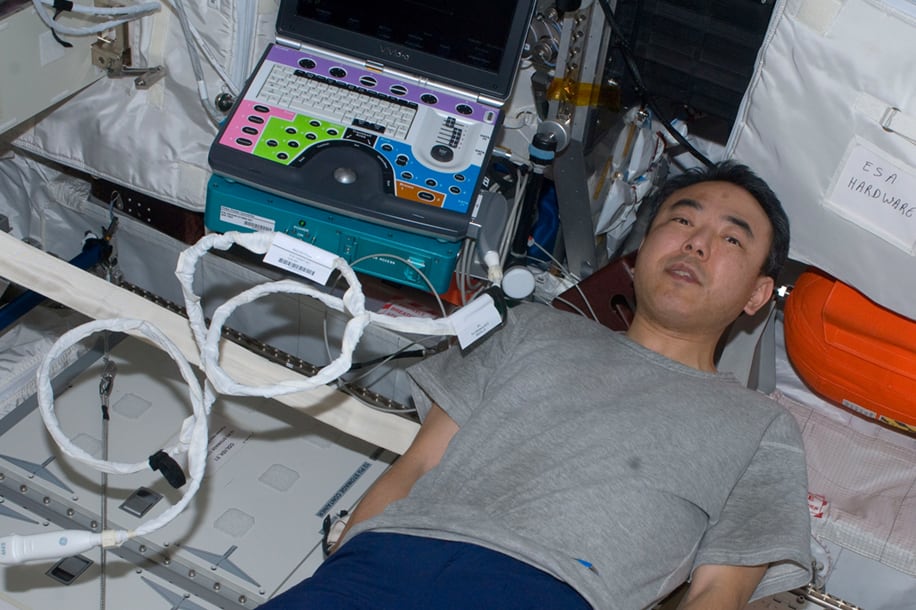
After four astronauts, including NASA's Michael Barratt, Matthew Dominick, and Jeanette Epps, were rushed to the hospital upon their return from the ISS, there have been growing concerns about the physical toll spaceflight takes on astronauts. With the recent spotlight on NASA's Sunita Williams and concerns over her health, the agency has stepped in to assure the public that all astronauts are in good health and spirits. However, with investigations into the reason for the hospitalisation still ongoing, the incident serves as a reminder that spaceflight is still a largely unknown territory.
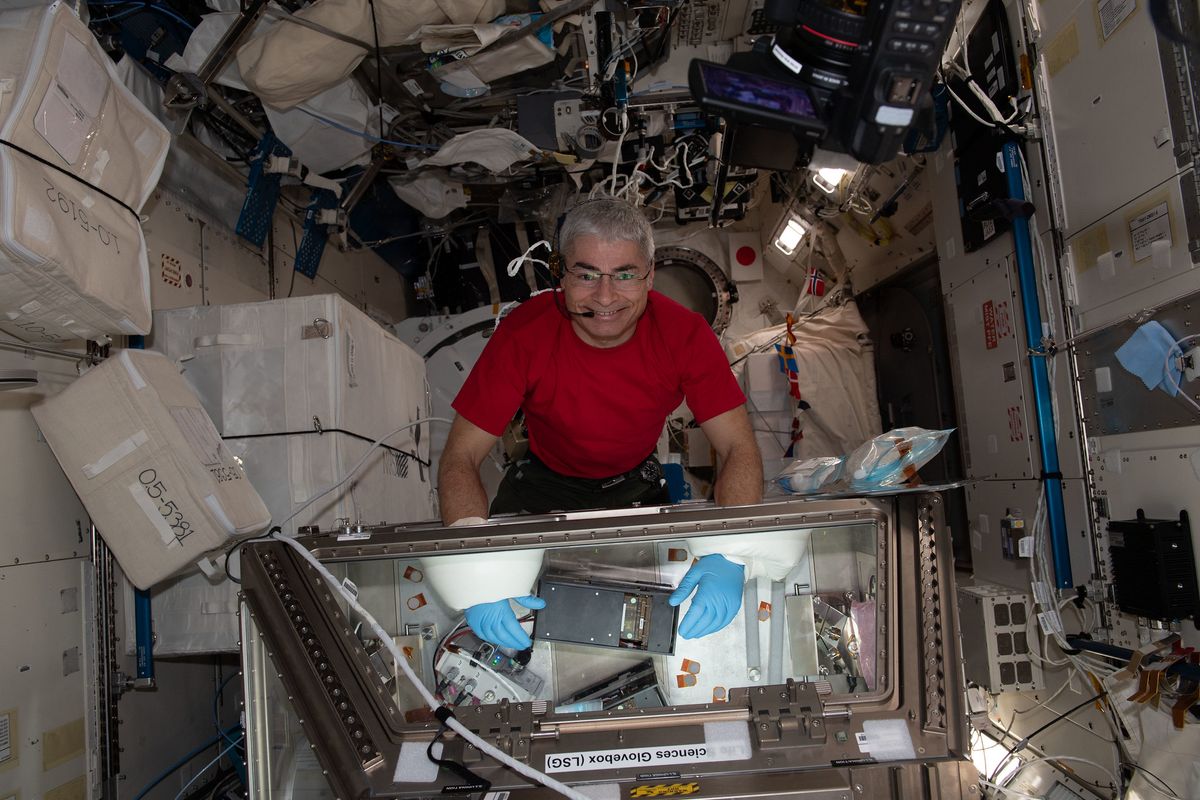
NASA astronauts Sunita Williams and Barry "Butch" Wilmore, currently on an extended mission on the International Space Station, have reported weight loss. This is due to fluid shifts in space causing changes in the body. Despite concerns about their health, NASA has assured the public that the astronauts are closely monitored and in good health. The agency has also warned against sharing any leaked details about the astronauts' health. This comes after a recent incident with the SpaceX Crew-8 mission, raising questions about the effects of extended space travel, but NASA maintains that Williams and Wilmore are doing well.
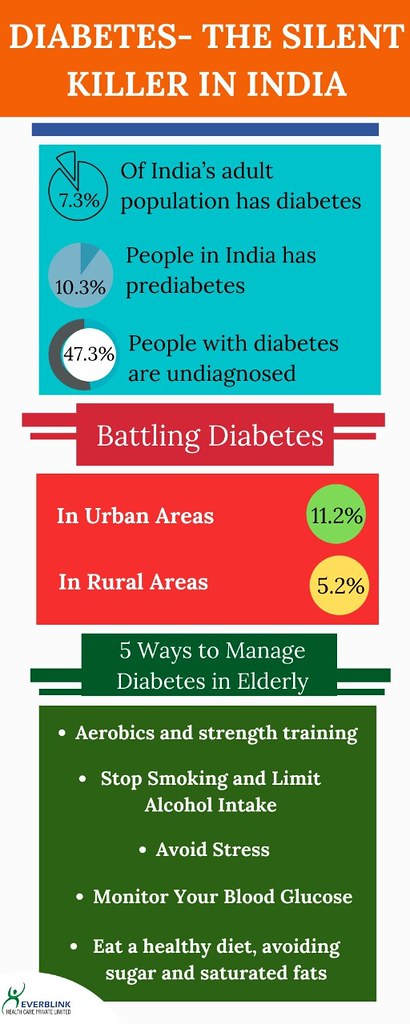
Learn about the chronic disease that plagues millions of Indians and its underlying causes. Diabetes is a condition that affects the body's production and use of insulin, resulting in high blood sugar levels. Find out the difference between type 1 and type 2 diabetes and how it can lead to serious health complications.
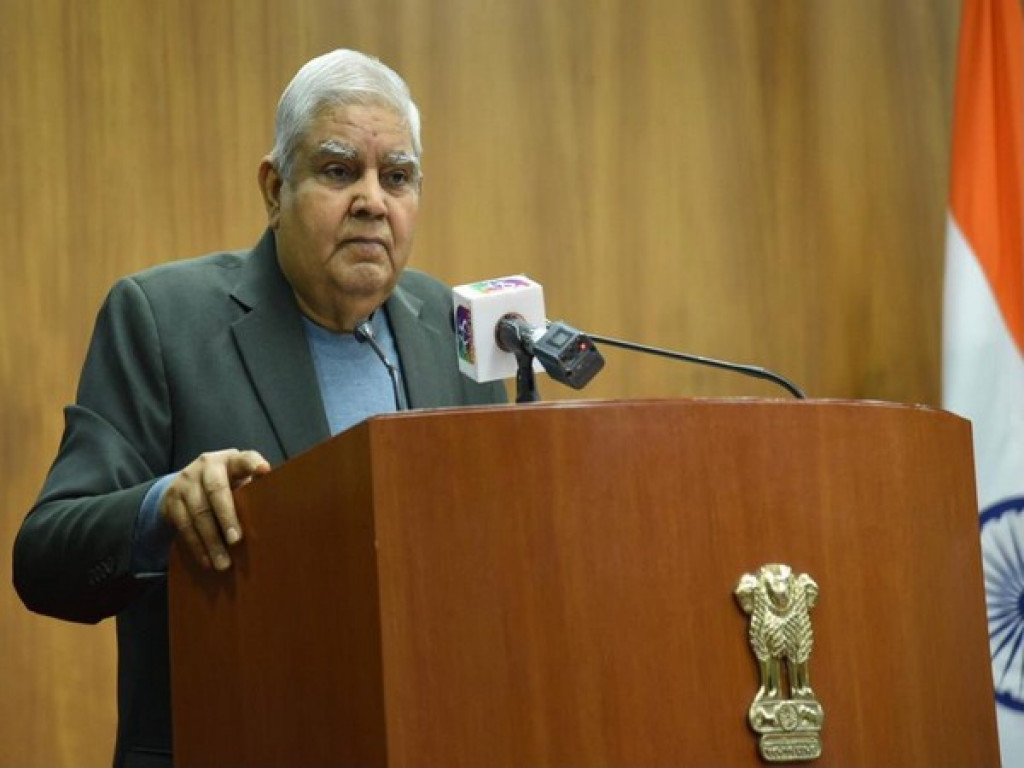
Vice-President Jagdeep Dhankhar's speech at the 83rd foundation day of the Council of Scientific and Industrial Research highlights the importance of research and development in advancing science. He emphasizes the need to find answers to unanswered questions and the potential for growth and innovation in this field. This contribution will help in scaling up the work of IIT Madras and promoting scientific advancement globally.
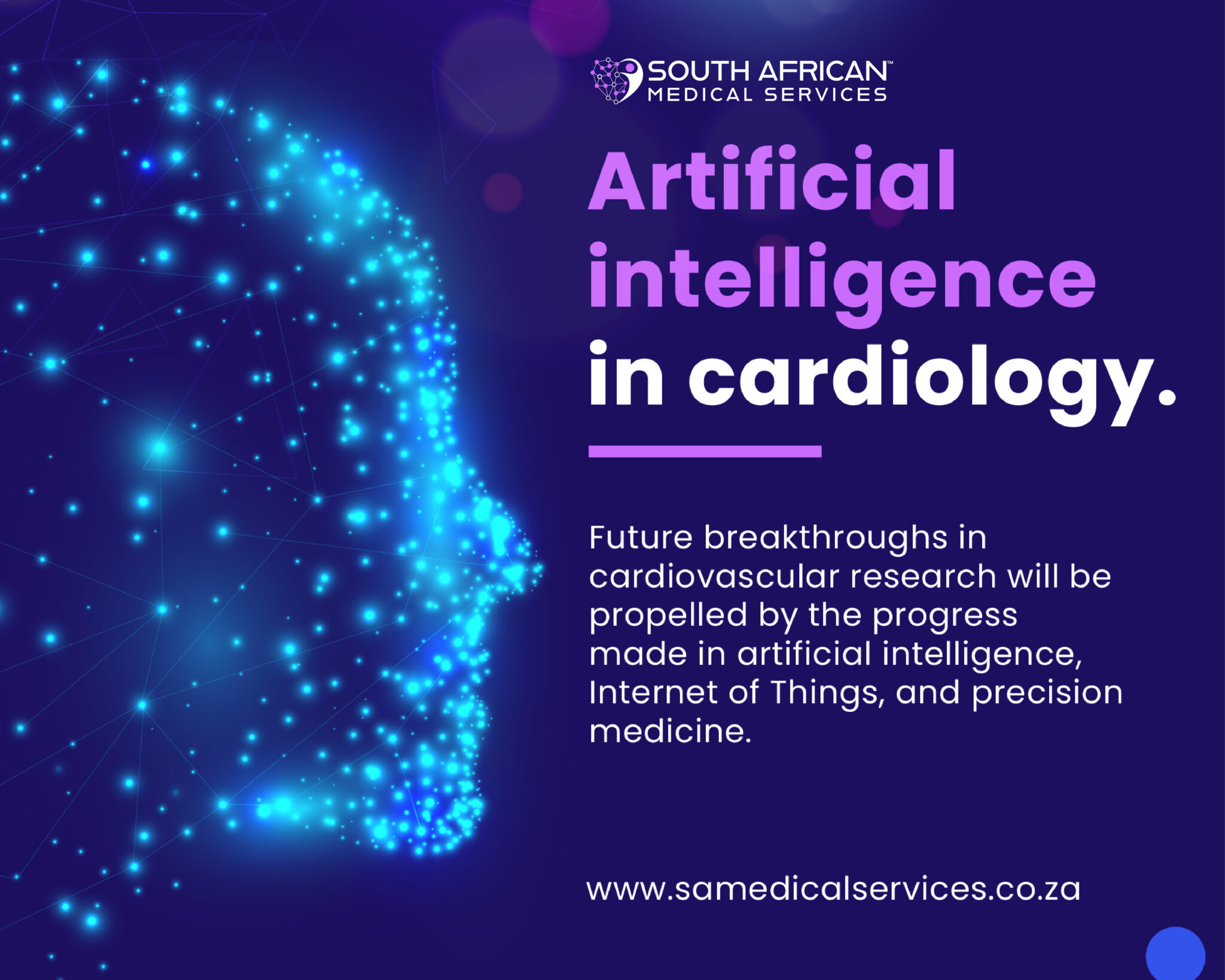
Cardiology experts at the Global Cardiology Summit in New Delhi predict that Artificial Intelligence (AI) has the potential to transform the treatment of heart diseases in India. With the ability to analyze large amounts of data, AI can aid in early detection, personalize treatment plans, and improve patient outcomes. Experts also noted that AI can benefit the healthcare sector in India, particularly in rural areas, where access to advanced care is limited. The two-day summit brought together world-class cardiologists, researchers, and healthcare professionals to discuss the latest advancements in cardiology and the role of AI in cardiac diagnostics and patient management.